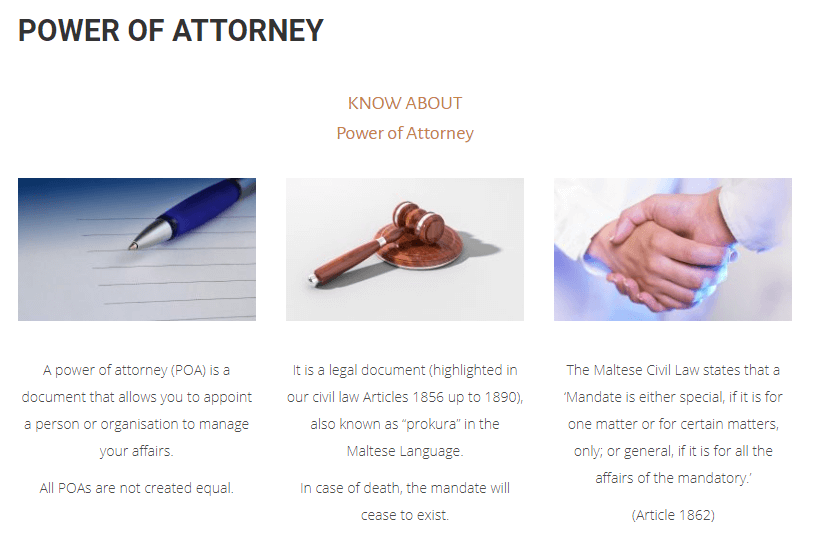
Most of us will have some memory loss as we age. Significant memory loss, arising from illnesses such as dementia, can, for some people, be a problem. Memory loss can make it difficult to stay in control of your money. Things you found easy before – like checking your bank statements or paying your bills – may become challenging or you may just not remember you need to do them. Significant memory loss will impede your ability to make the best financial decisions.
Planning for the future is important for everyone, but this is especially true as you age. Putting a plan in place is the best way to ensure your wishes are carried out when you may increasingly be unable to do so yourself. Here are some steps you can take to protect your money.
To help you stay in control of your money as you age, and make it easier for your loved ones to help you, here are some ways you can simplify your finances:
 • Consolidate your transaction accounts into one.
• Consolidate your transaction accounts into one.
• Reduce the number of credit cards you have.
• Close your cheque account.
• Put a list on your fridge of what your regular bills are and when they come in.
• Put a ‘tick’ beside each bill once you’ve paid it.
• Put unpaid bills on the fridge and take them down when they have been paid.
• Consider setting up direct debits to pay some of your bills.
A power of attorney allows you to choose a person to manage your affairs if you lose the ability to make these decisions for yourself. If you do not have these plans in place then a court may need to appoint someone to take care of this for you. Choose someone you trust as the person you appoint will be responsible for looking after your bank account, paying your bills, and even selling your house if you need to move into an aged care facility. You need to feel confident they will act in your best interests.
This person could be your spouse, child, another relative or friend. Alternatively, it could be an independent person such as your lawyer. It is important that the person you choose understands the responsibilities and legal obligations of acting as your power of attorney. No matter who you appoint, you should discuss your decision with your family so everyone knows and understands your wishes. This will help avoid disputes later on.
For further reading : power of attorney


Review your will to make sure it is up to date. If you don’t have a will, now is the time to create one. To make a valid will, you need to able to understand the decisions you make about your assets and the effect these decisions will have, so it is better to make or update your will before being diagnosed with dementia.
For your own peace of mind, and to make things easier for your power of attorney set up a file of your personal and financial information. Create a list setting out where these files are located. The key documents you should include in this file are:
| House documents | House deeds |
| Home and contents insurance | |
| Deeds and insurance policies for any other property you own | |
| Financial documents | Bank account details |
| List of any direct debits | |
| Home loan documents | |
| Retirement pension documents | |
| Documents related to any loans you may have | |
| Investment documents (securities, share certificates, bonds) | |
| Any pre-payments of funeral investments or plans | |
| Personal docs | Birth certificate |
| Marriage certificate | |
| Will | |
| Power of attorney | |
| Personal insurance policies | |
| Tax number | |
| Social security number | |
| A list of your assets |
If you suffer memory loss, you will rely more and more on the people around you and trust them to take care of you. Unfortunately, this may render you vulnerable to people who might wish to take advantage of that trust. This is financial abuse – which is one of the most common forms of financial abuse, and people with dementia are higher risk of this happening to them.


